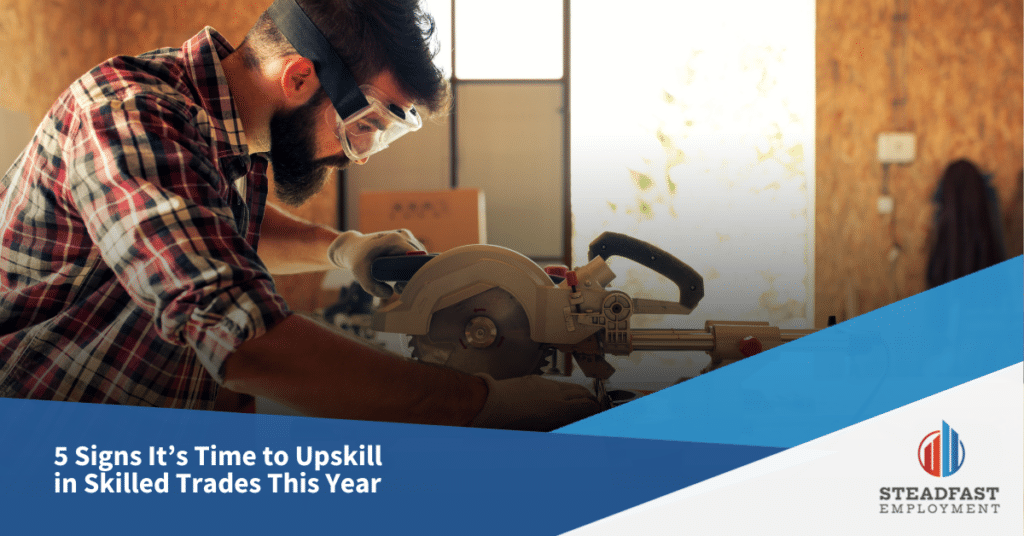Skilled trades jobs are evolving fast, and maintaining relevant skills can make all the difference in a competitive job market. Whether you’re a seasoned professional working in construction, HVAC, welding, or electrical installation, or you’re just beginning your journey in the trades, professionals should continuously upskill to open doors to higher-paying positions and more stable career trajectories. How do you know it’s time to invest in new skills? Look for these five signs—and then consider how the right training can help you land better roles in Mississippi, Louisiana, and beyond.
1. Your Current Skills Are in Declining Demand
Technology, industry standards, and consumer preferences are never static, and certain trade skills may lose their relevance over time. If you’ve noticed that employers are asking for certifications, software knowledge, or advanced techniques that you don’t have, it’s likely a sign that your current skill set is becoming outdated. By enrolling in courses, workshops, or certification programs, you can stay ahead of the curve and ensure that your résumé reflects what today’s employers truly value.
2. You’re Hitting a Career Plateau
If you’ve been in the same position or pay grade for a few years with no signs of upward movement, it might be time to invest in yourself. Gaining advanced skills—such as mastering cutting-edge equipment, learning Building Information Modeling software, or becoming proficient in more sustainable construction methods—can help you break through that plateau. Upskilling isn’t just about technical know-how; it can also boost your confidence, motivation, and leverage in salary negotiations.
3. Your Work Feels Monotonous or Unchallenging
Boredom is not just uncomfortable; it can also signal stalled career growth. If you find yourself completing the same tasks day in and day out, consider upskilling to diversify your capabilities. For example, if you’re an electrician, learning about solar panel installation or energy management systems can reinvigorate your day-to-day work. New skills keep you engaged and make you more attractive to a broader range of employers, including those in fast-growing regions like Mississippi and Louisiana, where infrastructure developments and energy projects are booming.
4. You Struggle to Compete for New Roles
If you’ve been passed over for promotions or found it challenging to secure interviews for more advanced positions, it could be time to sharpen your skill set. Modern employers want candidates who can adapt to new technologies, follow updated safety regulations, and produce efficient, high-quality work. By earning relevant certifications or learning modern techniques, you become a top contender in the applicant pool.
5. You Want to Future-Proof Your Career
The skilled trades landscape is shifting due to technological advancements, environmental concerns, and changing building codes. Workers who invest in ongoing education and training can future-proof their careers. Upskilling ensures that you remain relevant, whether you’re pursuing lucrative opportunities in booming Southeastern markets or looking to broaden your horizons nationally.
Next Steps: Finding the Right Training
Check out local community colleges, trade schools, and professional associations offering the specialized courses you need. Whether you aim to break free from a career rut, stand out in interviews, or keep pace with industry trends, upskilling in skilled trades can put you on the path to sustained success this year—and beyond.
Are you ready to find your next job in skilled trades? Check out our job board to see what’s available working on today.

